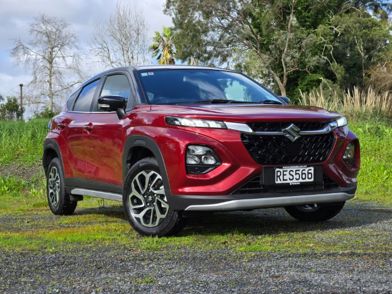Electric vehicles (EVs) now last as long as, if not longer than, petrol-powered vehicles, according to a landmark study by researchers from the University of Birmingham and the London School of Economics (LSE).
Published in Nature Energy, the study analysed data from over 30 million vehicles and 300 million MOT test records, revealing significant strides in EV reliability and longevity.
EV reliability advancing rapidly

The research found that while early battery electric vehicles (BEVs) lagged behind internal combustion engine (ICE) vehicles in lifespan and reliability, they have rapidly closed the gap.
Modern EVs now have an average lifespan of 18.4 years, closely rivalling petrol cars at 18.7 years.
However, EVs surpass petrol vehicles in mileage, averaging 200,000km compared to 187,000km for petrol cars.
“While BEVs represent a newer technology that was traditionally less reliable, they have rapidly evolved, with the latest BEVs expected to outlast the average ICEVs within the same cohort,” the study states.
Diesel vehicles, meanwhile, offer a shorter lifespan of 16.3 years but deliver higher mileage, often exceeding 410,000km.
Steady gains in reliability

One of the most notable findings is the faster improvement in EV reliability.
For every year of production, EV failure rates declined by 12%, significantly outperforming petrol cars (6.7%) and diesel vehicles (1.9%).
According to co-author Dr Viet Nguyen-Tien, “Our findings highlight BEVs as not only a sustainable alternative but also one that is increasingly reliable - a critical factor in achieving net-zero goals.”
This progress helps to address early concerns about EV dependability and marks a shift in public perception.
Environmental and practical benefits
Professor Robert Elliott from the University of Birmingham emphasised the environmental implications: “While EVs have higher initial emissions due to production, their longevity offsets this, particularly as Europe transitions to renewable energy sources.”
The study also highlights how advancements in battery technology and vehicle design are contributing to a smaller carbon footprint over a BEV’s lifespan.
Future challenges
Despite the optimism, researchers urge caution.
The long-term durability of current EVs remains uncertain, as most data reflects vehicles less than 20 years old.
Additionally, high battery replacement costs remain a significant hurdle for mass adoption.
The findings, however, underline the transformative potential of EVs in the automotive sector. With continued innovation, BEVs are well-positioned to become a cornerstone of sustainable transport.
Last year, another survey found that over 92% of EV owners do not plan on going back to petrol or diesel cars.





